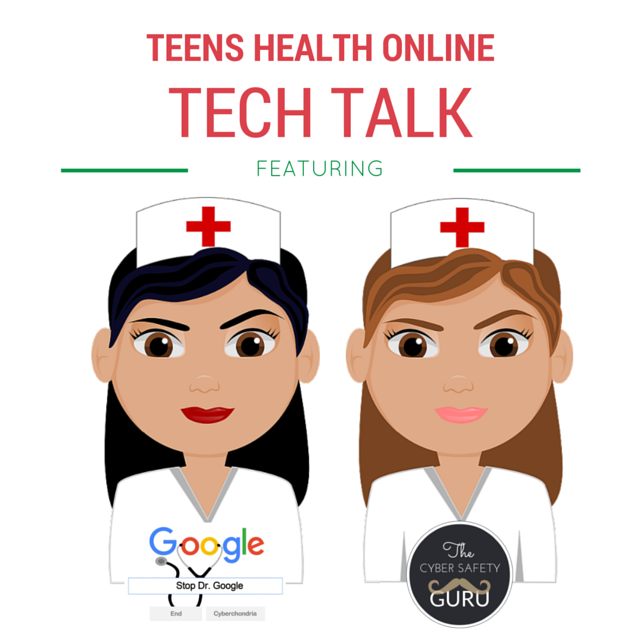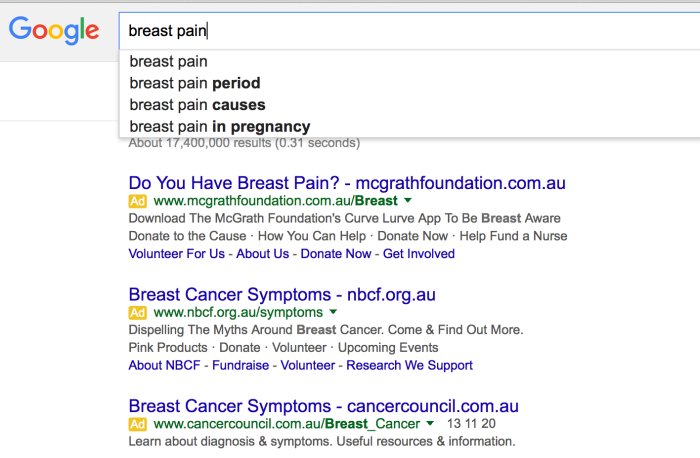Tech Talk with The Cyber Safety Guru and Stop Dr. Google!
The Guru is all about being safe online and the Dr is all about using appropriate online channels for health information – but always remember Google does not replace your doctor! So, today we have come together to talk to you about Teens Health Online!
Being a teenager can be difficult, lots of friendship changes, increased studies and social life, with most teens spending more time online than with the family! So when it comes to teenagers searching for health symptoms it’s important to make sure that they are using appropriate websites!
We all know about puberty blues and with easy reach to laptops, smart phones and iPads, teens are turning to technology to ask about their issues, get information and reach out to others. A Northwestern University study showed that most teenagers were seeking information on: everyday topics such as exercise and nutrition, according to the study. They’re also searching for more information on stress, anxiety, sexually transmitted infections (STIs), depression and sleep.
Common Questions teens may ask include:
How often do I get my periods?
Why do I get wet dreams?
What are the chances on contracting STDs?
How can I get skinnier?
How often should I exercise?
These and more questions, often can be embarrassing to speak to your parents about and hence why teens turn to the Internet. What’s important to remember is that you need clear and open communication about your teen’s health and life cycles. Growing up is difficult and often body functions change and develop, and it’s important to note that these changes are often normal, but if something doesn’t feel right remember you need to tell a trusted adult, parent and seek medical advice from your GP.
If you do want to research online, you must remember you cannot believe everything you read on the Internet. Some websites we would recommend include:
Kidshealth.org is a safe place for teens and tweens who need honest, accurate information and advice our health, emotions and life. All articles are created by a team of paediatricians and other medical experts. They also have a page dedicated to advice for parents – http://kidshealth.org/parent/.
Healthy-kids.com.au is a great online destination for healthy food choices and recommendations for teens.
Healthdirect.gov.au/kids-health is a great avenue for looking up various health issues suffered by kids and teens. They provide in-depth explanations of symptoms, treatments and recommendations.
If you are feeling down, are stressed or going through a tough time with school, friends, well-being or family – we recommend contacting kidshelpline.com.au.
If you are unsure of the changes happening to your body, read this article (link: http://raisingchildren.net.au/articles/puberty.html)
Or watch this:
What to expect if you’re a girl
What to expect if you’re a boy:









